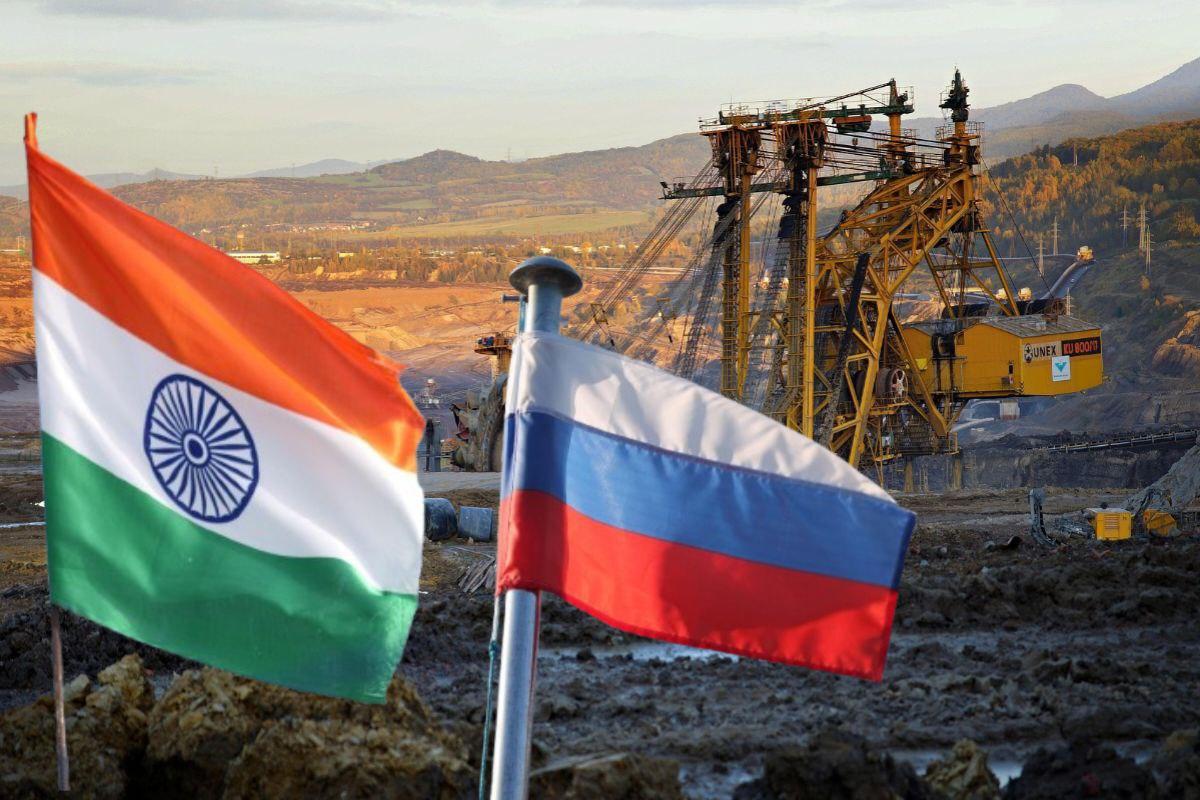
In the last few weeks, the diplomatic relationship between India and the United States has come under visible strain. American President Donald Trump has taken a confrontational stance against India, questioning its ties with Russia and announcing a 25% tariff on Indian exports, effective August 7, 2025. The US media has gone a step further, pushing the narrative that India is planning to stop buying oil from Russia under American pressure.
But India has responded decisively. Instead of backing down, the Indian government has reinforced its strategic ties with Russia. The strongest signal comes from two high-profile back-to-back visits to Moscow—first by India’s National Security Advisor Ajit Doval in the first week of August, followed by External Affairs Minister Dr. S. Jaishankar in mid-August.
According to official sources, Ajit Doval’s visit is to attend the 13th International Meeting of National Security Advisers on Security Issues. However, this visit is not limited to a conference appearance. Doval is expected to hold crucial meetings with top Russian officials to discuss matters of regional and global importance. High on the agenda are security issues in Afghanistan, the threat of Taliban extremism, and the broader problem of Islamic terrorism. Both India and Russia have been victims of extremist violence in recent months, with incidents in Pahalgam in India and unrest in Chechnya in southern Russia. These shared concerns have brought the two nations even closer.
Another top agenda item during Doval's visit will be the delayed delivery of the S-400 air defense systems from Russia. The delivery has slowed due to the ongoing Ukraine conflict, but India is keen to accelerate the process to ensure its air defense capabilities are not compromised. Doval is expected to raise this matter on priority.
Foreign Minister S. Jaishankar's visit to Russia is expected to be even more comprehensive. His agenda includes enhancing energy partnerships with Russia, increasing the import of oil and gas, boosting nuclear cooperation, and exploring joint projects in emerging sectors. One significant area of cooperation being explored is the Arctic Sea Route. With the Arctic ice melting due to global warming, new northern maritime pathways are opening up, and India wants to be a part of these developments alongside Russia.
Another crucial component of Jaishankar’s visit is trade. Both countries are aiming to take bilateral trade to the $100 billion mark. Jaishankar’s Russia trip is also being seen as a preparatory step for the 2025 India-Russia Summit, which is likely to take place later this year in India. Russian President Vladimir Putin is expected to visit India for this summit, marking the first such event in four years.
Meanwhile, reports by American media outlets like Reuters had claimed that India is backing off from Russian oil purchases. The Indian government promptly denied these claims, calling them false and reaffirmed that India will continue to buy energy from Russia regardless of US penalties. This is seen as a clear signal that India will not compromise its independent foreign policy under external pressure.
In a symbolic counter-response, former Russian President Dmitry Medvedev responded to Trump's "dead economy" jibe against Russia by saying “dead hand can also strike.” This Cold War-era term implies Russia retains the capability for a retaliatory strike, even under the worst-case scenario. The statement was widely interpreted as a warning to the US and a show of support for India’s balanced foreign policy.
India has made it clear that it is not attempting to provoke the US. Rather, the aim is to protect national interests and maintain strategic autonomy. Indian officials reiterated that despite temporary friction, the India-US relationship remains a comprehensive global strategic partnership, capable of withstanding short-term pressures.
At the same time, India is exploring the possibility of increasing energy imports from the US as part of a mini-deal that may help smoothen tariff tensions with the Trump administration. This dual-track approach highlights India’s nuanced diplomatic balancing act between two major powers locked in a new-age cold war.
The upcoming visits by Ajit Doval and Dr. S. Jaishankar are not merely diplomatic engagements. They are strategic statements to the world. India is making it known that it takes decisions based on national interest, not under pressure from any global power. Whether it's Russia, the United States, or any other country, India's message is clear: it values strategic autonomy, honors old partnerships like the one with Russia, and maintains balanced relationships with all.
This evolving geopolitical situation places India in a critical position on the global chessboard—playing a delicate yet determined game of balance and assertion.




